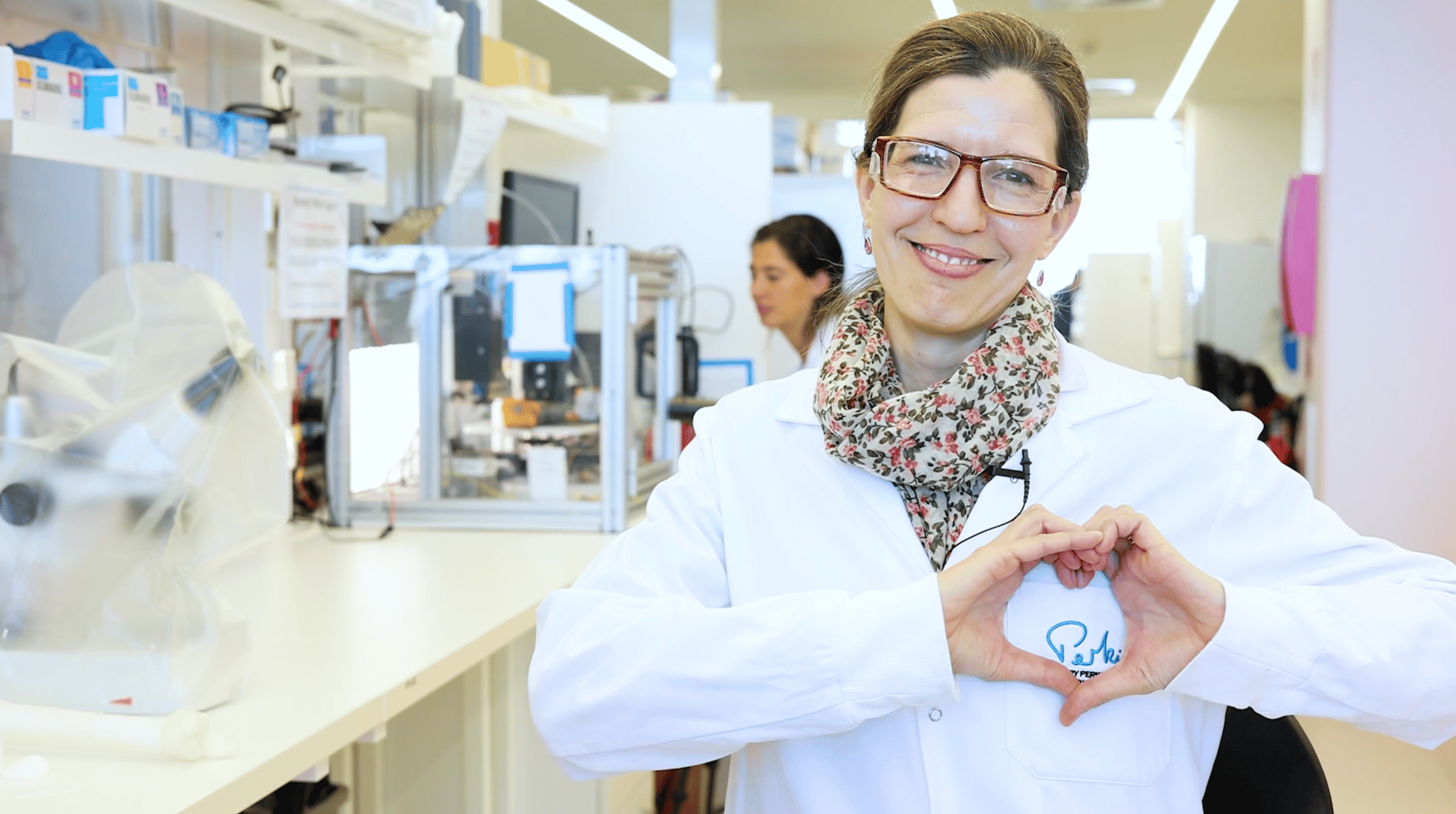
Heart attack statistics
- 50 Australians die every day from a heart attack
- Nearly 20,000 Australians die each year from heart attack
- 160 heart attacks occur every day
- The cost per case is $3,400 or $2.3billion per year
In the year when Australia lost Shane Warne, Rod Marsh, Senator Kimberley Kitching and an estimated 13,500 others to heart attacks, the Harry Perkins Institute of Medical Research has welcomed a Mineral Resources (MinRes) partnership to boost investment in WA cardiovascular research.
The partnership builds on the existing investment by MinRes for heart research that started in 2017, bringing the company’s total support for heart research at the Harry Perkins Institute to $2.25 million.
Professor Peter Leedman AO, Director of the Harry Perkins Institute said the investment was critical to turning the tide on the wave of heart attacks occurring across the globe.
“Heart disease is the world’s number one killer.
“In Australia, nearly 20,000 people die each year from a heart attack.
“Astonishingly in half of all cases, a heart attack is the first symptom.
“The challenge is identifying who is at risk and developing novel approaches to previously unresolved problems,” Professor Leedman said.
The Harry Perkins Institute is conducting next generation research in three main areas.
A team involving cardiologists is using artificial intelligence and complex computer analysis to better predict who is at high risk of a heart attack.
“This is critical work, particularly as 90% of heart disease from blocked arteries caused by a build-up of plaque is preventable” Professor Leedman said.
The Perkins is also undertaking research into a first of its kind drug to combat peripheral arterial disease caused by blocked arteries.
A third team, that was supported by MinRes funds in 2021, is developing 3D printed heart valves.
Using an approach called melt electro-writing, the team led by Dr Elena de Juan Pardo, is developing novel heart valves made of biomaterial that will have superior properties compared to those currently available.
“This MinRes-funded research will have significant clinical impact in future for patients with vascular heart disease,” Professor Leedman said.
There is a significant need to develop longer lasting valves that can be inserted into position without the need for subsequent surgical intervention.
The new approach enables the 3D printed valve to be modelled to meet individual patient valve needs.
MinRes Managing Director, Chris Ellison said the company was incredibly proud to be supporting the Harry Perkins Institute to undertake this world-leading research here in Perth.
“Heart disease is one of the leading causes of death in Australia and we are sadly losing our loved ones too soon.
“That’s why we continue to support the incredible work of the Harry Perkins Institute which is making life-saving advances in heart research and treatment that will benefit people around the world.”
